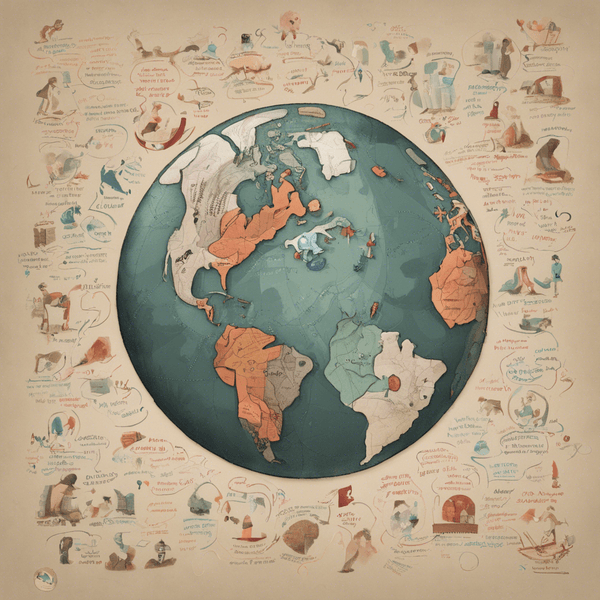What is 5G?
‘5G’, refers to the fifth generation of telecommunications standards for broadband networks. 5G began its rollout in 2019. However, while the network may have been put in place, the full benefits are only beginning to be realized.
This is because developers may not have optimized or integrated their apps and programs with the new networks. Indeed, when looking back to the 4G rollout, the full improvements were not seen until years after the initial announcements. As 5G becomes available to businesses and consumers there are several benefits to be offered.
Here are 5 crucial benefits the new technology will make viable.
1. Faster and More Secure Mobile Gaming
Playing games online is given a considerable improvement with the new 5G networks. Playing online casino such as the high 5 games casino is made smoother with faster transactions offered. This can make the whole experience of playing games online more secure. Players who need to make deposits and withdraw prizes online will greatly benefit from this.
The vast majority of gamers now play their games on mobile devices. With the stronger processing time and connection speeds provided by 5G, mobile gaming is made faster with less lagging. Lagging was a common problem for online gamers in the past. 5G aims to improve this by reducing the latency issues involved in streaming graphics and sound.
2. Smarter Working Initiatives
The world of work will be a prime beneficiary of 5G. The industrial and commercial sectors will be able to tap into the internet of things (IoT) to enable real time communication and higher performance.
Warehouse equipment and robotic machinery will be optimized to allow for an unrestrained handling of goods and materials. In effect, equipment like conveyor belts, sorters and transporting containers will no longer need to be tied down to the old style of system.
The higher speed of communication between devices means that work can be done in real time without interruption from lagging.
3. Better Communication for Conferences and Calls
The promise of faster and more secure internet connections is also a gamechanger for work-based communication. 5G provides coverage over a huge range of radio frequencies. That includes the very high frequencies needed to optimize calls in real time with zero lag.
The all-too-common lag experienced by co-workers communicating over the internet during a conference will be greatly reduced.
This will have a huge effect on productivity and working strategies as things can be planned quicker without interruption.
5G offers employers and employees the chance to communicate almost instantaneously. The old reality of dropped calls and poor signals will become a thing of the past.
The enabling of IoT also comes into play in the office, with devices and equipment communicating fluidly and efficiently together.
4. Boost to Manufacturing Processes
A recent study by the communications company Vodafone has suggested that the use of 5G technology could significantly manufacturing operations throughout the UK.
The report calculates the successful deployment of 5G could raise as much as £6.3 bn to the UK manufacturing industry by the end of the 2020s.
Vodafone has come to this conclusion by highlighting the lower latency provided by 5G. They also point out the superior capacity for the technology to connect devices. The high reliability and security of the new technology is expected to offer a massive boost to productivity across the board.
Similar assumptions about the strength of the technology enhancing manufacturing could be made in other parts of the world. A faster and more reliable internet with the ability for greater versatility is of profound benefit to factories and industrial plants wherever they are based.
5. The Potential of VR and AR
Virtual reality (VR) and augmented reality (AR) have long been heralded as the ultimate in computing power. In many ways, the two similar but distinctly different experiences have been waiting for technology to catch up.
VR is based on the concept of designing a simulated environment that people experience via display tech accessories such as goggles and headsets. AR is the enhancement of real objects and interactions with computer-generated visuals.
The ability of 5G to contain data and maximize performance levels will make it easier for programmers to take their ideas for VR and AR away from PCs and onto the cloud.
At the moment, these two experiences require powerful PCs to run them. This locks the experiences into certain locations where the machines are running.
The greater processing speeds and stronger connectivity offered by 5G mean that VR and AR can now become cloud based. Users of the modes will now only need cloud-enabled accessories to experience the technology in full.
One of the major reasons why VR was not taken up earlier as a form of immersive entertainment was the lack of suitable supporting online networks. As 5G continues its rollout and the benefits are felt, the full potential of VR and AR is another major plus.





 Photo by
Photo by  Photo by
Photo by  a group of people sitting around a table with laptopsPhoto by
a group of people sitting around a table with laptopsPhoto by  people on beach during daytimePhoto by
people on beach during daytimePhoto by  Photo by
Photo by 












